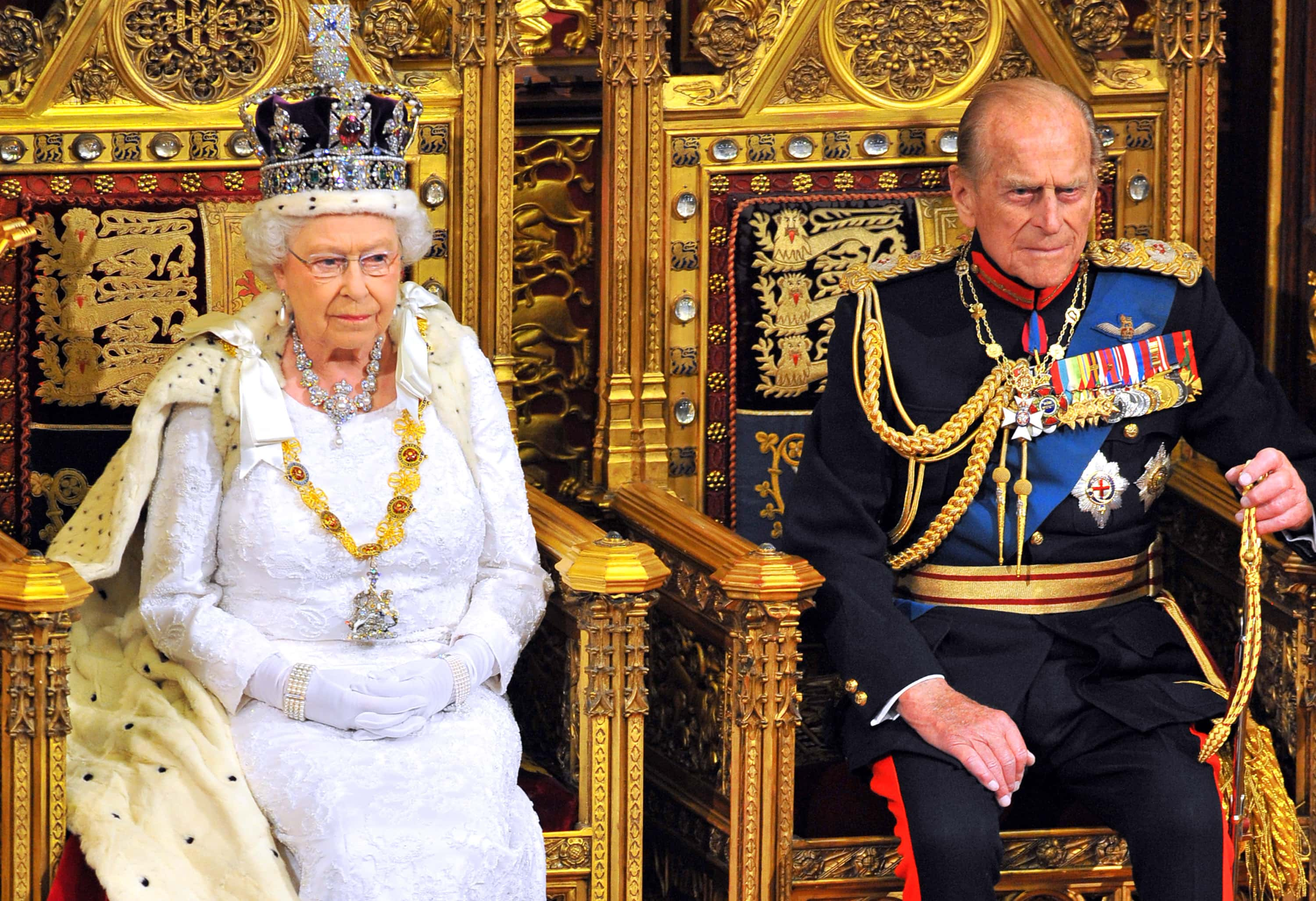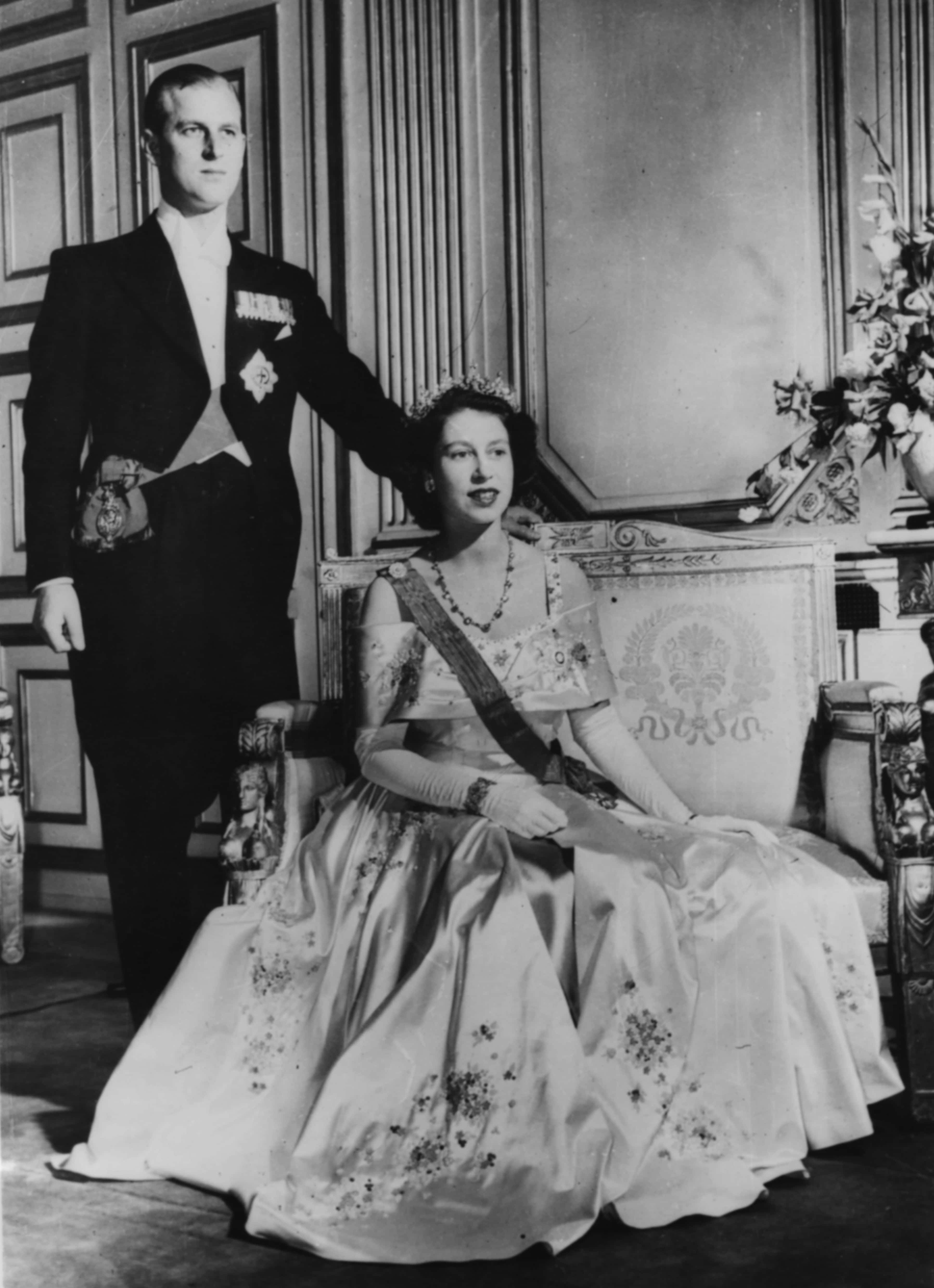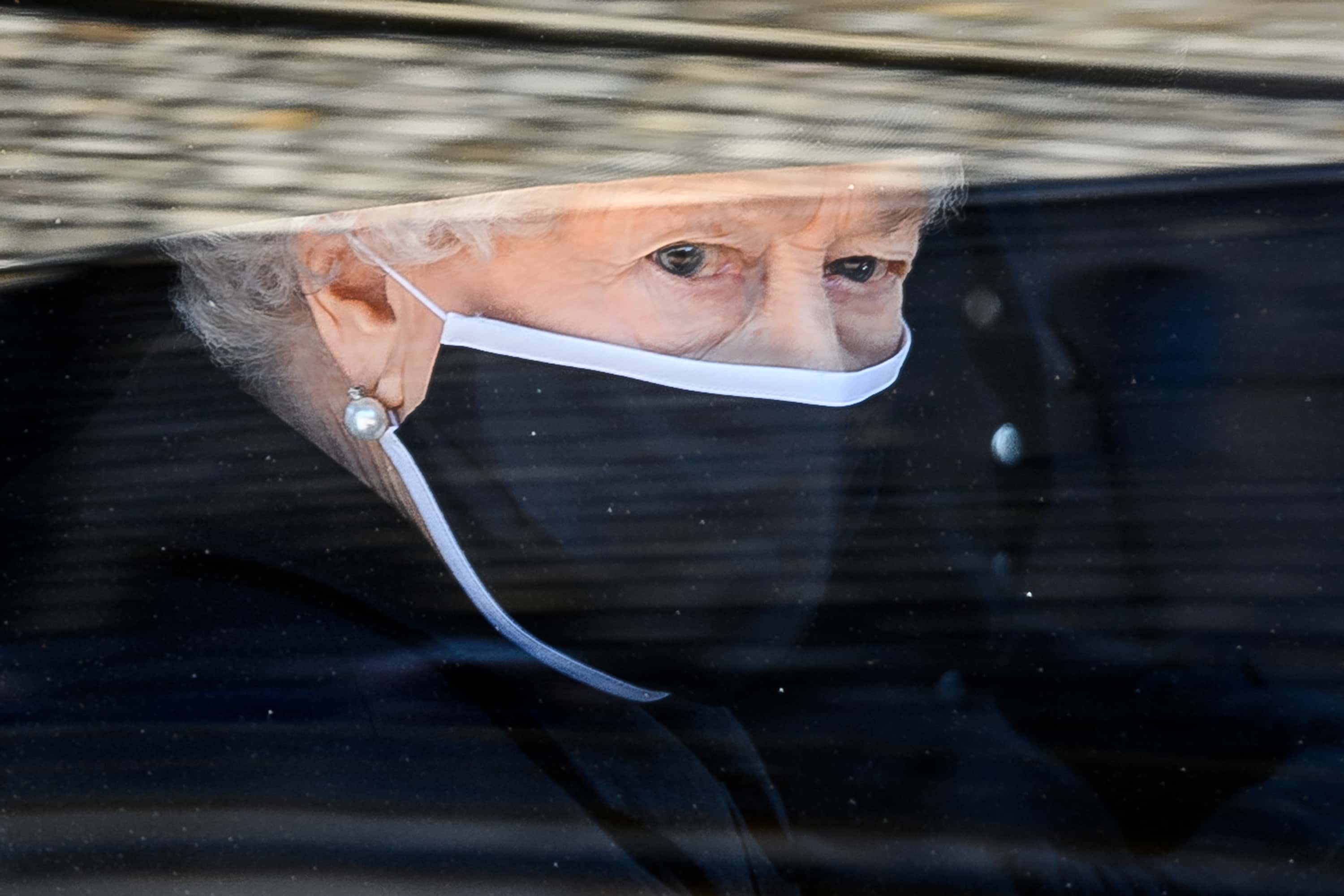‘There is no strict science around it’: Queen Elizabeth II died of ‘broken heart’ after losing Prince Philip, claims doctor

ABERDEENSHIRE, SCOTLAND: The death of Queen Elizabeth on Thursday, September 8, has left entire Britain in a state of mourning. She served as the queen of the nation for more than 70 years and was the only monarch millions of people have ever known. While many will have had their hearts broken, there are some who suggest it is this phenomenon that may have contributed to the Queen’s death.
In 2021, the Queen lost her husband Prince Philip after 73 years of marriage. According to one doctor, the agony caused by the death of Prince Philip could have contributed to the death of the Queen herself, Daily Mail reported. The Queen was photographed mourning her husband wearing a black mask in St George's Chapel in Windsor Castle on April 17, 2021, which has now become a robust and prominent symbol of the annihilation brought about by the covid pandemic. The photo also served as a reminder of the unimaginable pain and suffering that she had to go through after the death of her beloved husband.
READ MORE
'It feels as though we lost a friend': Julie Andrews pays emotional tribute to Queen Elizabeth II
'She's with her Prince now': Kardashians pay emotional tribute to Queen Elizabeth II
While many people may believe that a broken heart is a figurative state, it is in fact a well-known recognized condition; one known as stress-induced cardiomyopathy. The condition is also known as broken heart syndrome. It is this condition that one doctor, a Dr Deb Cohen-Jones says may have played a role in the death of the Queen. Dr Cohen-Jones said, “There is no strict science around it. But it’s definitely an observed phenomenon. It’s more about losing your ‘will’ than it is about your health in some ways.”

Dr Cohen-Jones, on how this applied to the Queen, explained “From a physiological point of view, the loss of Prince Philip would have caused her severe stress, peaking her cortisol levels, and leaving her body to deal with that.” Cortisol is the hormone released by the body when it is stressed; in significant quantities, it can cause damage to the body and increase the risk of a number of conditions. Stress is not just a psychological, but a physiological threat.

Nikki Stamp, a heart surgeon, told the ABC that the stress of losing your husband or wife can cause a 'chain reaction' that can contribute to death. "What we know is that for some people the stress of losing a loved one, or any kind of stressful event in your life, does precipitate a whole bunch of reactions in the physical body as well as in your mind that can cause disease and sometimes cause someone to pass away," she said. "It's certainly something that we're discovering more and more lately."

On how grief would have impacted the monarch, her ex-footman of 11 years Paul Burrell said “She sorely, desperately missed him and he's waiting for her in St George's chapel in Windsor and she will be beside him very soon. She will go to the other side and meet her parents and her sister. There are more people on the other side than there are on this.”











